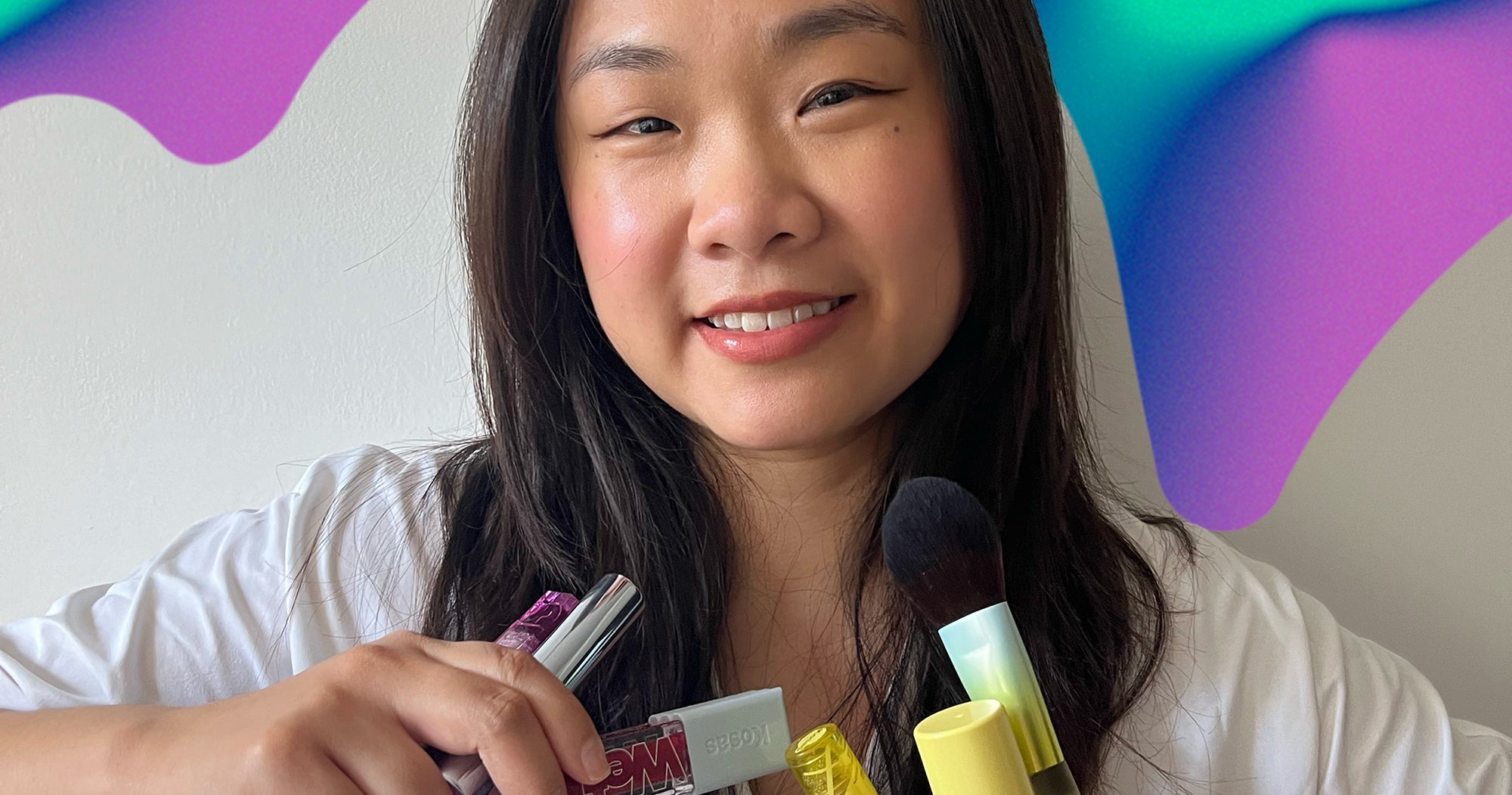First Person is a daily personal piece submitted by readers. Have a story to tell? See our guidelines at tgam.ca/essayguide.
Illustration by Christine Wei
I thought I had lupus. I thought I had esophageal cancer. I thought I had rheumatoid arthritis. I thought I was losing my mind. Nope … It was just good old menopause.
I thought I had seasonal depression, and anxiety and a brain tumour because my brain fog was so severe. Nope … Just your friendly neighbour menopause.
Now don’t get me wrong, I know what menopause is, and it’s not like I wasn’t expecting it at some point, this change is not a huge surprise. I am, after all, 45, but the combination of a hysterectomy and genetic predisposition to early menopause really hit me like a sledgehammer.
Society has made such progress in talking about changes in the body, changes in emotional states and generally other things that were, in previous generations, considered taboo. Puberty and sex education is taught in many schools and with books, articles and social media it is commonplace and somewhat comfortable to discuss.
I’m always asking my kids and my friends and my family how they are feeling and what’s going on in their lives and we seem to be, as a society, okay with stating when we are feeling physically and mentally unwell. Many of us are taught to advocate for ourselves and to help and listen when someone mentions that something is not right. Then why was I so in the dark with what was going on with my own body?
Granted, I can be a bit of a hypochondriac and I know this about myself. So, yes, at 3 a.m., in the midst of a small panic attack I try to talk myself down – telling myself that I don’t really have esophageal cancer, only that I just ate too much cheese. Or that I must be making up the fact that my head feels like it’s been dumped in a vat of olive oil because my brain is clogged and fuzzy. It was only after having my hormone levels checked that it all started to make sense.
Now, I am also an over-researcher and reader and once I found out that I was most certainly in the deepest darkest depths of menopause, obsessive reading began. What kept reappearing, article after article, podcast after podcast, expert after expert, was that the list of menopause symptoms are endless and vary enormously from patient to patient.
I assumed that because I didn’t have hot flashes and night sweats, that I was not in the thick of it. I didn’t gain the “around the middle” excess 10 pounds and I because of my hysterectomy I have no idea if I would have been still getting my period or not, or how often.
As I write this, I wonder how my kids will react to me writing about my menstrual cycle in such a public forum. But I have to believe that we have evolved toward being with okay with addressing the various changes that a human goes through in life, even if it has to do with private parts.
But that’s the thing, this is about so much more than my private parts. I had ringing in my ears. I had muscle stiffness and soreness. I had memory issues and headaches and brain fog and itchy skin, just to name a few. Menopause is a full change of the entire body – and I feel like nobody told me about it.
Don’t get me wrong, I am lucky to be working with an excellent OB/GYN (I won’t name him because then I’ll never be able to get an appointment) but he listened to me and believed me and prescribed some pretty earth-shattering hormones that helped almost instantly. I also have a friend who is a doctor that has moved to treating women in menopause almost exclusively because she saw how misinformed and ignored such a big part of the population was. I have excellent resources to guide me and teach me, but I still spent a year scratching my head and thinking that I was very unwell.
For me, adjustments have to be made with regard to hormones and supplements, but the first big piece in feeling comfortable talking about this big change in life is knowing the plethora of symptoms. I’m hoping that by the time my daughters go through menopause, they will have a different understanding and attitude about this hormonal shift.
My sincere hope is that society will accept this change in the same way that we anticipate and accept puberty, and give women the space, grace, understanding and care that we do to teenagers in puberty. After all, when stripped of its veil of mystique, menopause is only a change in hormones, right?
Jessica Yaffe lives in Montreal.














